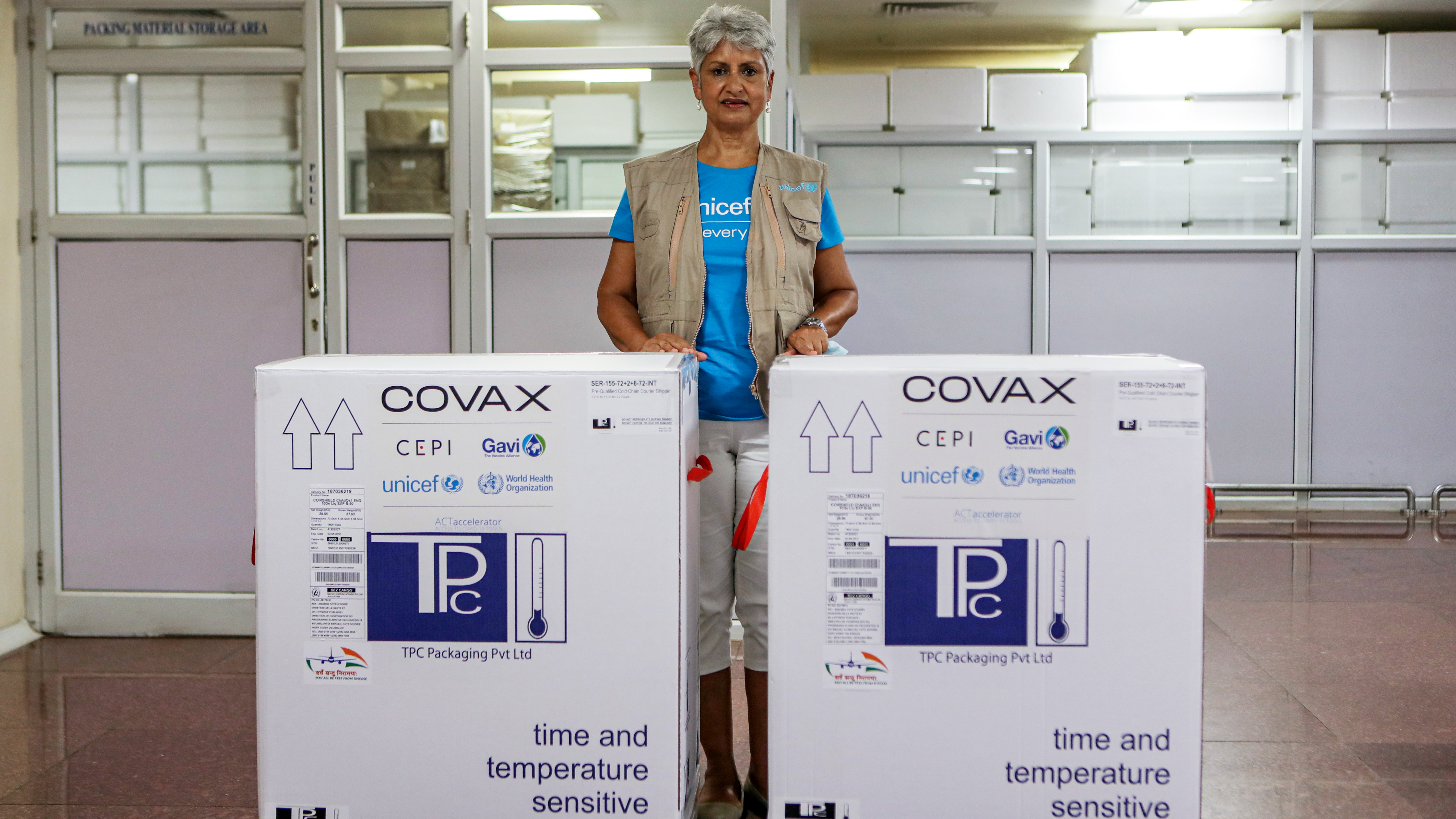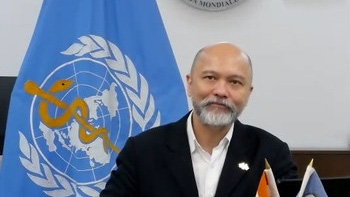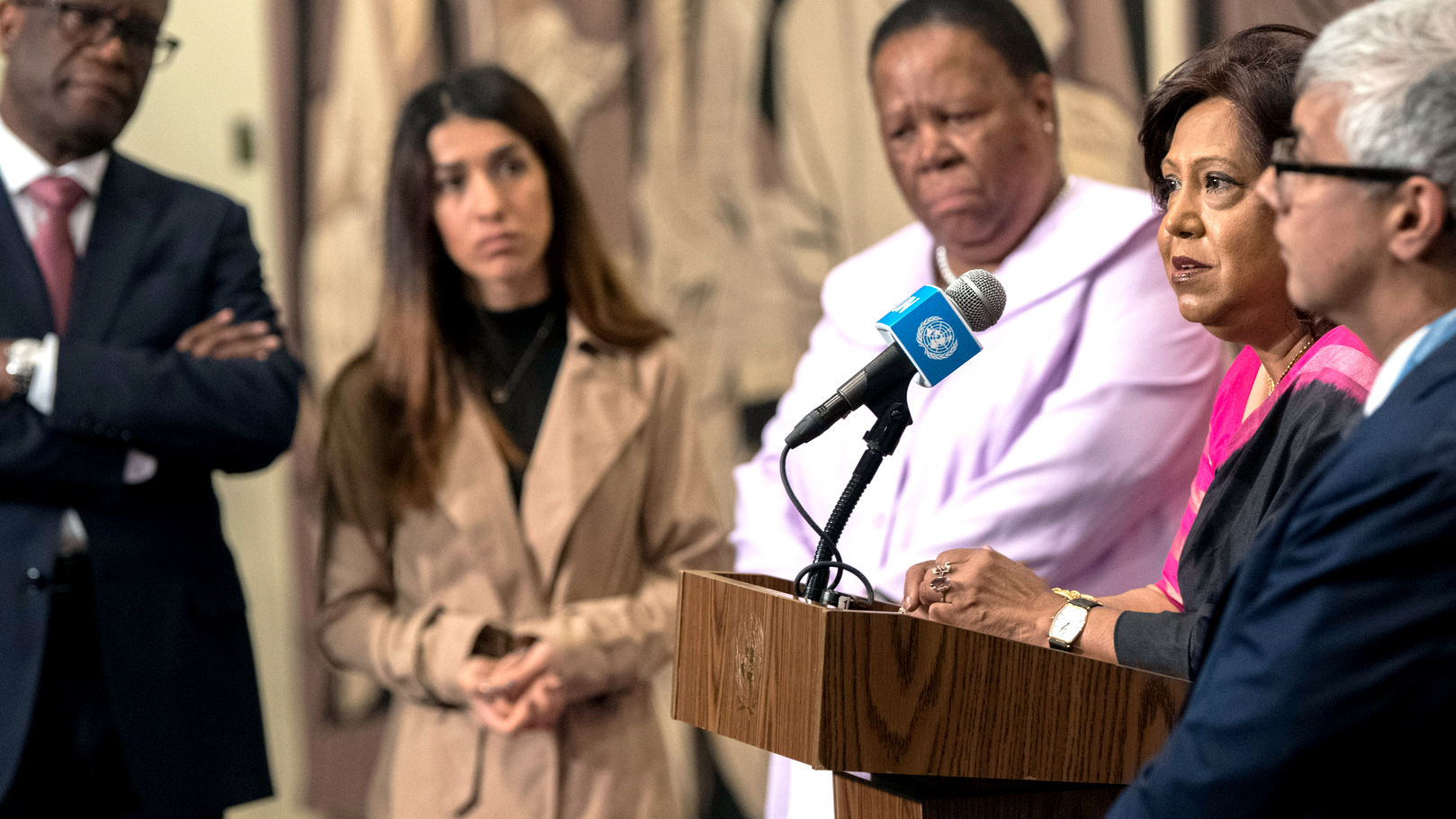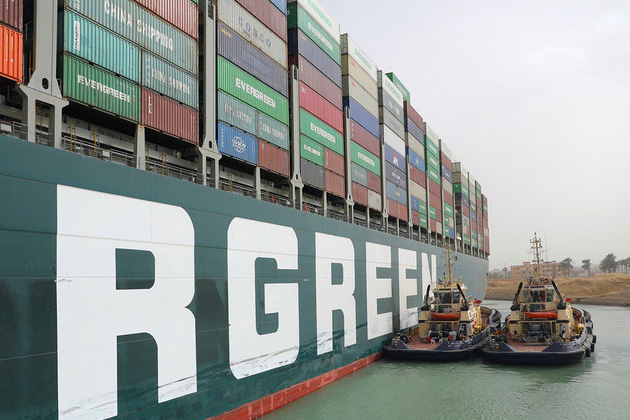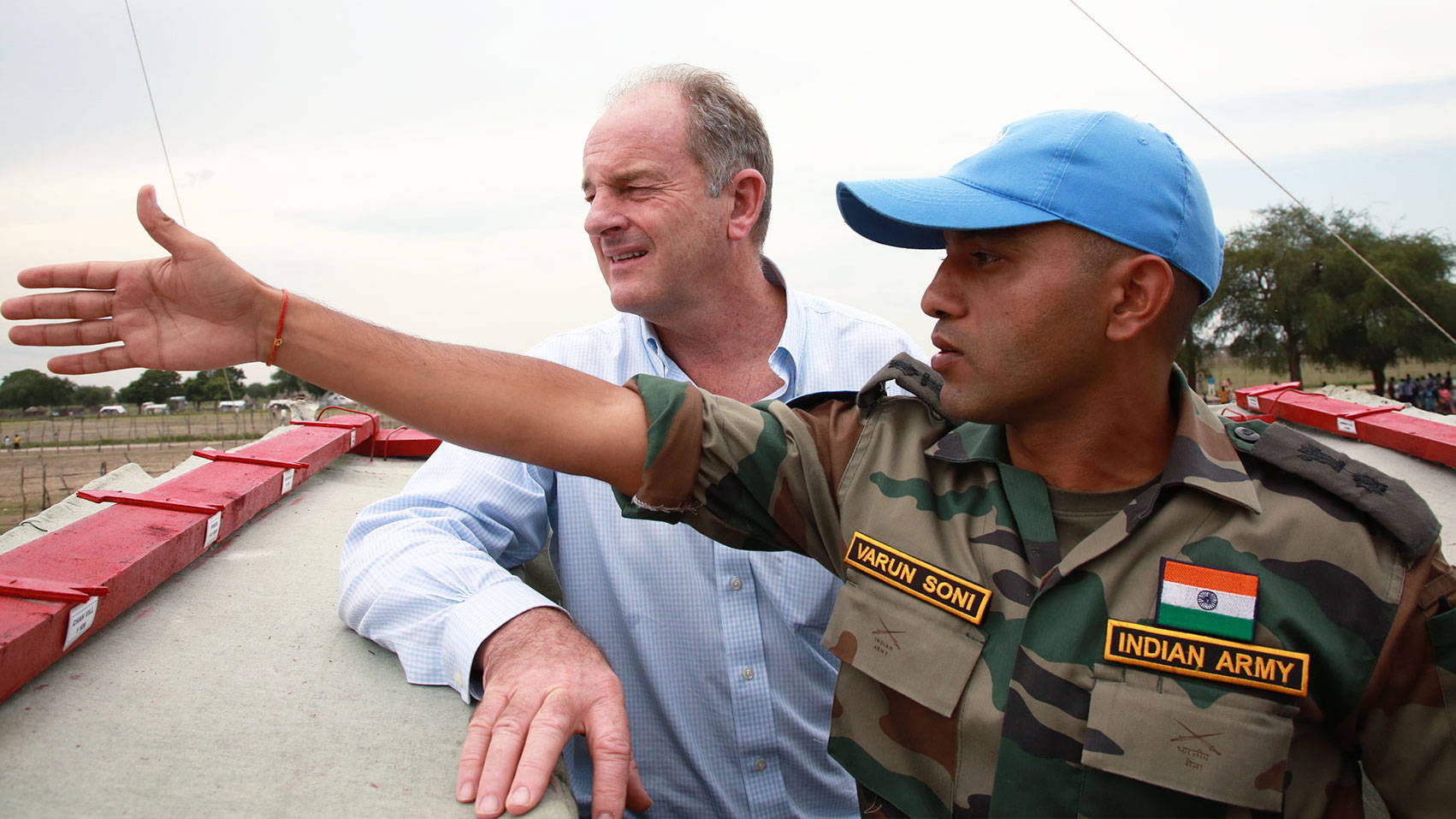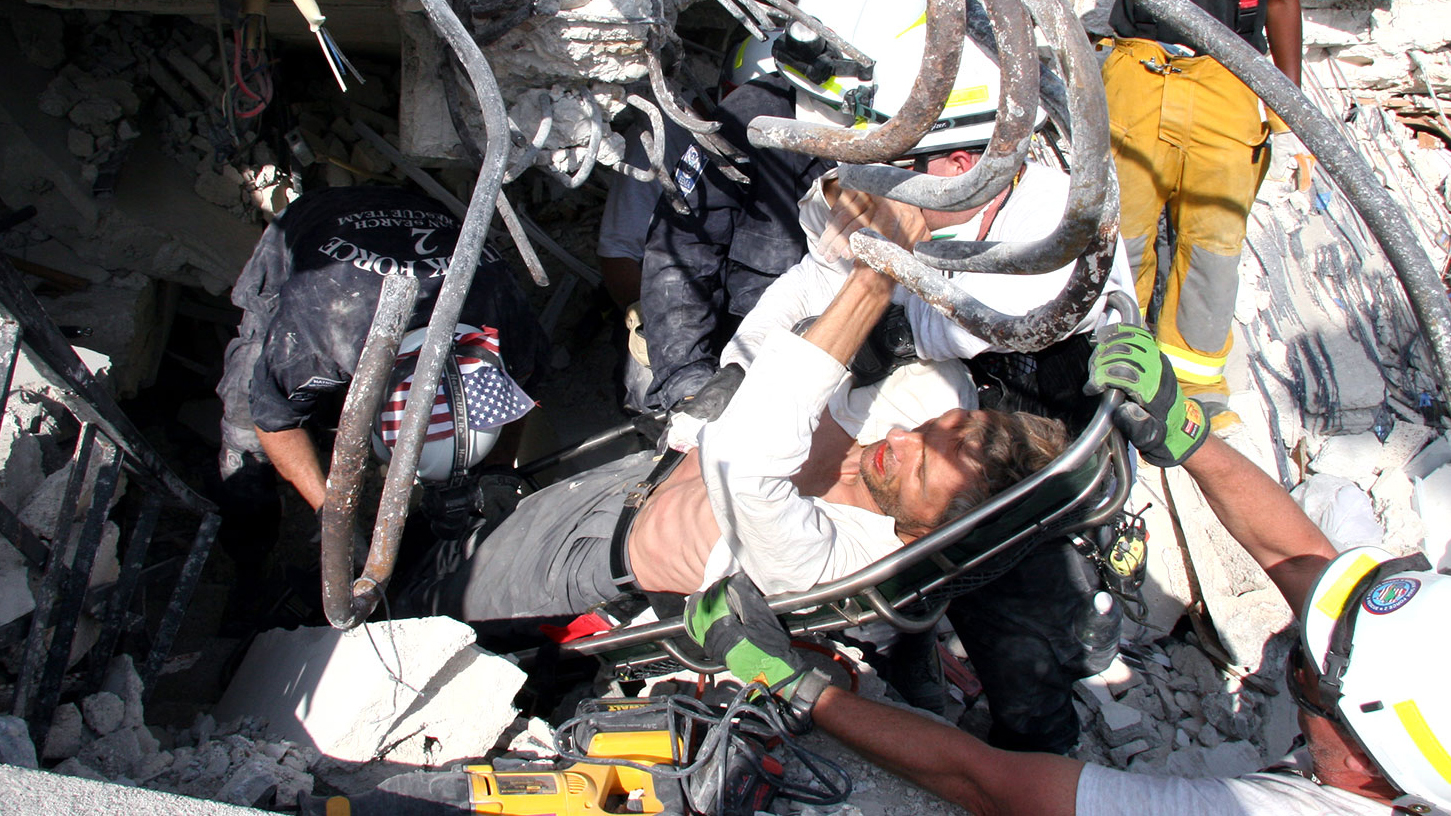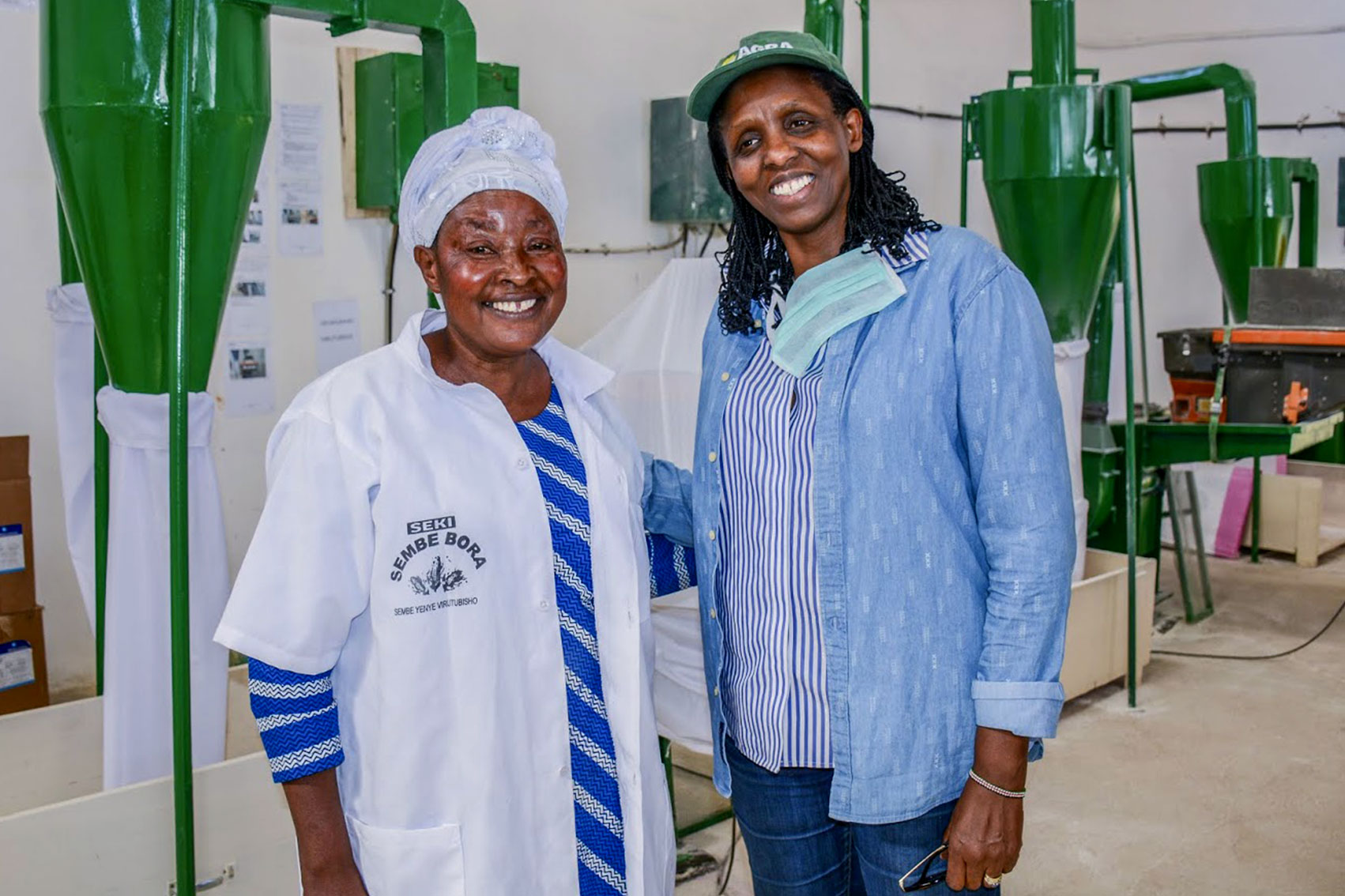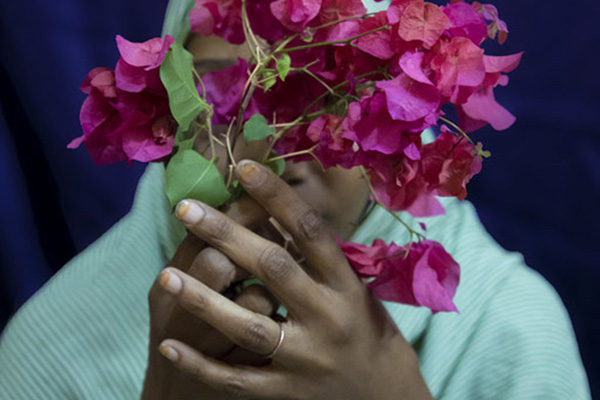“I returned from Bangladesh...and sent all of my dresses for dry cleaning. I have not worn these dresses again. I can't wear them. There's too much pain...because I came out and I was wet with all the women crying. I like to open the wardrobe and remind myself of the survivors at all times. They are my moral compass and I have to keep fighting for them. This is what keeps me going.”
In this episode of Awake at night, we meet Pramila Patten, the Secretary General's Special Representative on Sexual Violence in Conflict whose work aims to end rape as a weapon of war, making it a crime that is both preventable and punishable. Pramila travels the world to meet survivors, carrying back the harrowing stories they entrust her to retell. She then advocates tirelessly on their behalf for accountability and justice.
"When you talk to Yazidi women, they tell you they want justice and reparations, in addition to support services [...] Whether it is Iraq [...] Nigeria [...] Somalia or Sudan, they tell you they want to have their day in court. And for me, that is very frustrating that so far, for example, where sexual violence is used as a tactic of terrorism, no single person belonging to Boko Haram or ISIS has been prosecuted for sexual violence. They are getting prosecuted under the counter terrorism legislation, but not for sexual violence. And that is a frustration."


